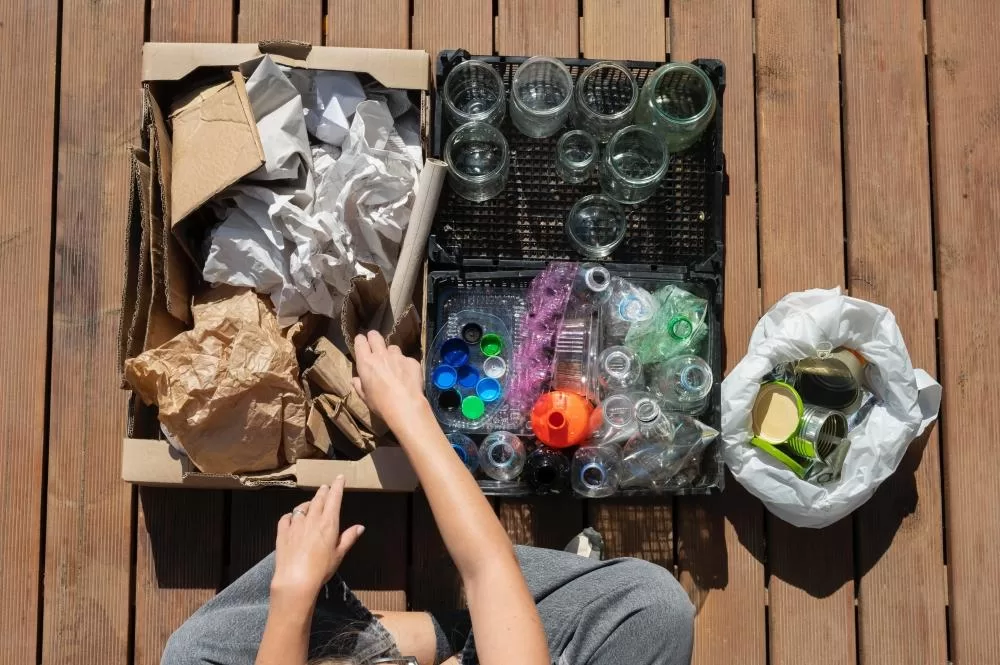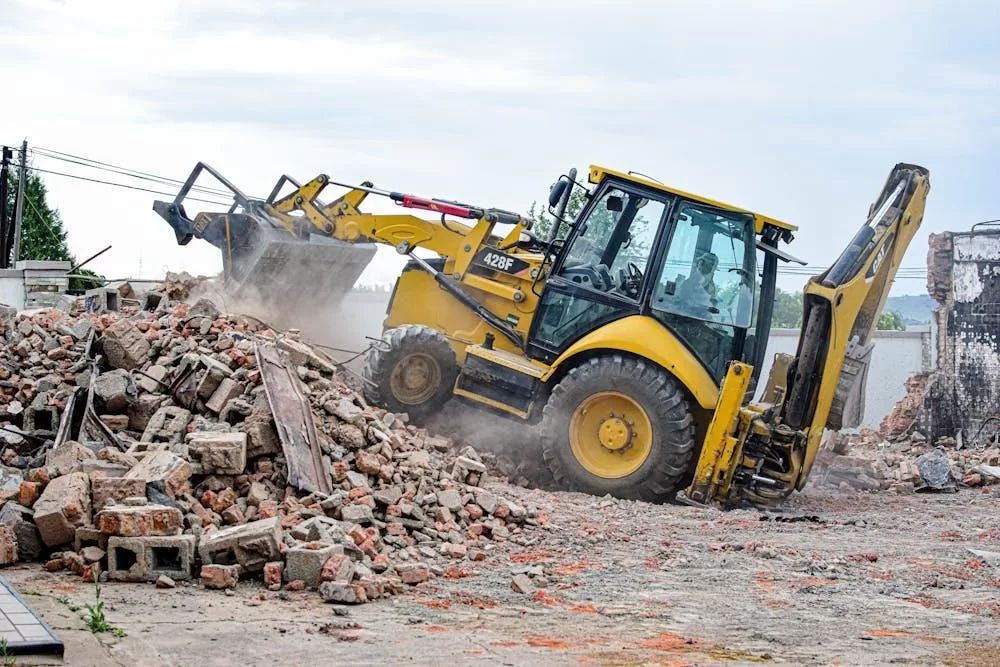With the rise of environmental consciousness, sustainability has become an integral aspect of event management. Events, whether large-scale conferences or intimate gatherings, generate a significant amount of waste, contributing to overflowing landfills and environmental strain.
However, by integrating zero-waste strategies, events can be transformed into models of environmental responsibility, demonstrating a commitment to sustainability and inspiring positive change. Let’s explore how zero-waste events redefine event management in Singapore and beyond.
Defining Zero Waste Events
As the name suggests, zero waste events aim to minimise waste generation and environmental impact. While achieving absolute zero waste may be challenging, the goal is to divert at least 90% of waste from landfills through a combination of strategies. This involves rethinking traditional event practices and embracing a more circular approach to resource management.
The principles that underpin zero waste events are:
- Reduce: Minimise waste generation by using reusable or recyclable materials, opting for digital alternatives where possible, and avoiding single-use plastics.
- Reuse: Prioritise reusable items like cups, plates, and cutlery, and encourage attendees to bring their own reusable containers and water bottles.
- Recycle: Set up clear and accessible recycling stations for various materials, ensuring that recyclable waste is properly sorted and diverted from landfills.
- Compost: Provide composting bins for organic waste, such as food scraps and biodegradable tableware. This diverts organic waste from landfills and creates valuable compost that can be used to enrich soil.
Key Components of Zero Waste Event Planning
Planning a zero-waste event requires careful consideration and integration of sustainable practices throughout the entire event lifecycle. Here are some key components to keep in mind:
- Waste Segregation: Clear and well-labelled waste segregation stations are essential for encouraging proper waste disposal. Provide separate bins for recycling, composting, and landfill waste, ensuring that attendees can easily identify where to dispose of different materials. Consider using colour-coded bins and clear signage to facilitate waste segregation.
- Vendor Coordination: Collaborate with vendors who align with your zero-waste goals. Choose caterers who use compostable or reusable tableware and avoid single-use plastics. Work with suppliers who offer eco-friendly products and packaging. Ensure that all vendors are aware of your zero-waste policies and are committed to complying with them.
- Attendee Engagement: Educate attendees about your zero-waste initiatives and encourage their participation. Provide clear instructions on waste disposal and recycling practices. Consider offering incentives for attendees who actively participate in waste management efforts. You can even incorporate interactive elements, such as waste sorting games or educational displays, to engage attendees and raise awareness about zero waste.
By focusing on these key components, event organisers can create a framework for successful zero-waste event planning. This involves collaboration, communication, and a commitment to sustainability from all stakeholders.

How to Plan Your Zero Waste Event
Planning a zero-waste event requires a systematic approach that integrates sustainability into every stage of the process. Here’s a step-by-step guide to help you on your journey:
- Set Clear Goals: Define your zero-waste objectives and establish measurable targets for waste diversion.
- Choose a Sustainable Venue: Select a venue that supports your zero-waste goals. Look for venues with existing composting and recycling programmes, water-saving fixtures, and energy-efficient lighting.
- Conduct a Waste Audit: Analyse your previous events to understand your waste generation patterns. This will help you identify areas where waste reduction efforts can be focused.
- Minimise Waste at the Source: Choose reusable or recyclable materials for decorations, signage, and promotional materials. Opt for digital alternatives where possible, such as e-tickets and online registration.
- Partner with Sustainable Vendors: Collaborate with caterers who offer compostable or reusable tableware and avoid single-use plastics. Work with suppliers who provide eco-friendly products and packaging.
- Implement Waste Segregation: Set up clear and accessible waste segregation stations with labelled bins for recycling, composting, and landfill waste.
- Engage Attendees: Educate attendees about your zero-waste initiatives and encourage their participation through clear signage, announcements, and interactive activities.
- Manage Food Waste: Partner with a food waste disposal in Singapore to ensure proper collection and processing of food waste. Consider donating leftover food to local charities or food banks.
- Process Waste Responsibly: After the event, ensure that all waste is sorted and processed responsibly. Partner with a waste management company in Singapore to handle recycling, composting, and responsible disposal of any remaining landfill waste.
- Measure and Improve: Track your waste diversion rates and analyse the success of your zero-waste initiatives. Use this data to identify areas for improvement and refine your strategies for future events.
Zero Waste Events: A Celebration of Sustainability
Integrating zero-waste strategies into event management is no longer a trend; it’s a responsibility. By embracing sustainable practices, we can minimise the environmental impact of our events and contribute to a cleaner, greener future.
Zero waste events are a celebration of sustainability, demonstrating a commitment to environmental stewardship and inspiring positive change. From reducing waste generation to promoting recycling and composting, every step towards zero waste makes a difference.
Let’s strive to create events that are not only memorable but also environmentally responsible. By working together, we can transform the event industry and contribute to a more sustainable Singapore.




